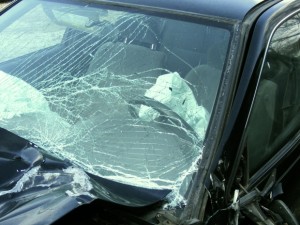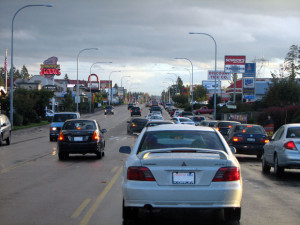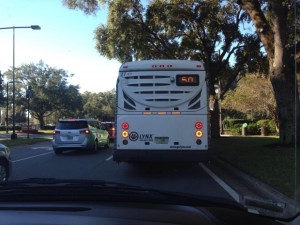Punitive damages can be awarded in Florida personal injury and wrongful death lawsuits in which a defendant acted with gross negligence or intentional misconduct. The definitions of these terms are set forth in F.S. 768.72. 
But while punitive damages may substantially increase the amount of a certain damage award, the Fourteenth Amendment blocks these awards from being “grossly excessive.” But what does that mean? There is no dollar figure that establishes what is “grossly excessive,” which means the courts have to interpret legislative intent and rely on prior case law.
One Florida injury case where this became necessary was State Farm Mutual Auto Insurance Company v. Brewer, recently before the Florida’s Second District Court of Appeals. In this case, defendant and his insurer sought review of a final judgment entered in favor of plaintiffs in an injury case arising out of an automobile accident. The court affirmed judgment in favor of plaintiffs as well as the compensatory damages awarded. However, with regard to punitive damages, the court ruled the award was excessive to the point of being unconstitutional. For this reason, the court reversed and remanded for further proceedings. Continue reading ›
 Florida Injury Lawyer Blog
Florida Injury Lawyer Blog













